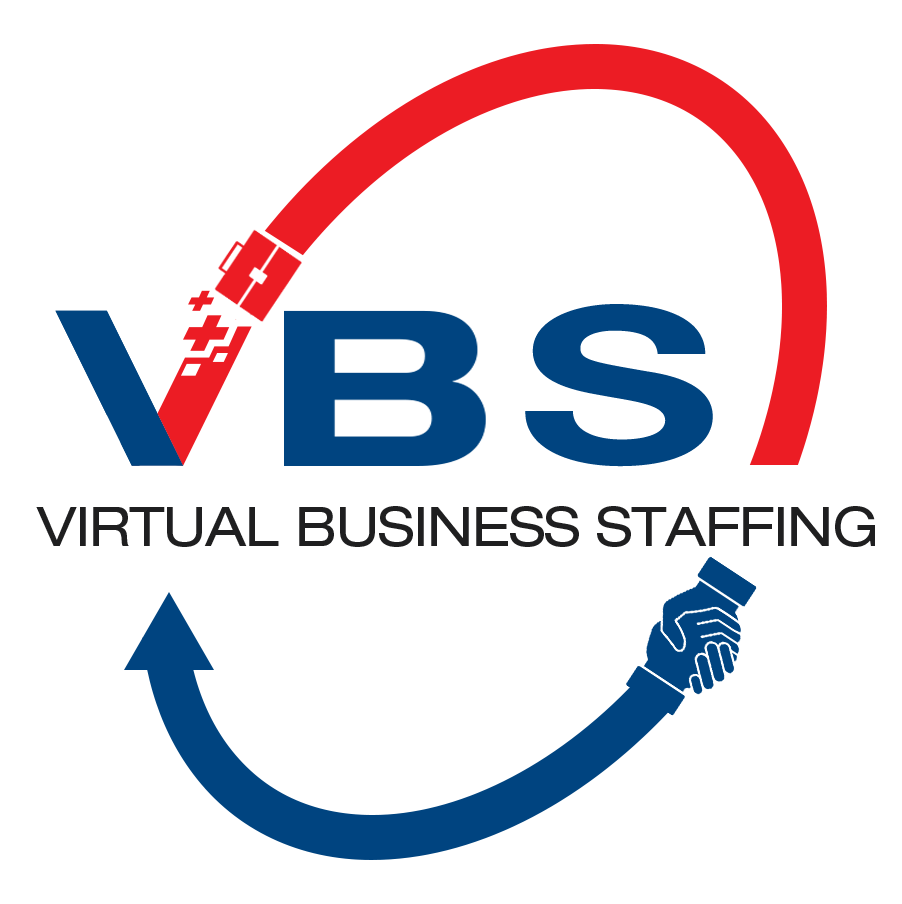What’s alarming is that there are many more on that list. The good thing is that technology now plays a huge role in addressing this pressing concern, as people are keener and more open to talking about it. Platforms are created where open discussions regarding burnout and how to overcome it are accessible anywhere.
We also came up with a few suggestions that might help you in dealing with this nuisance. We know it won’t be easy, but hey, a drop of pebble creates ripples too.
To avoid burnout, it’s important to prioritize your well-being and make time for activities that bring you joy. Pick up that book that you read halfway through or continue watching that movie you had to pause because you needed to do something else.
When we read or watch, it’s the same as going out, as we are transported away from it for a time. Some would go for leisure walks; some would turn to baking and cooking. Go pick up that fishing rod! Remember the things you love doing and why you love them, will be a great help.
Exercise and meditate.
One 30-minute session of moderate exercise enhanced sensations of mood, weariness, restlessness, self-perceived cognitive ability, and motivation. It also affects cognitive flexibility, which is the brain’s ability to adapt to and manage new, unexpected experiences.
While exercise is for the body, meditation is for your mind. Chronic stress is a common cause of burnout, and meditation can help calm the mind, lower cortisol levels, and promote relaxation, all of which can help alleviate stress-related symptoms
Establishing a work-life balance is to set clear boundaries between work and personal time. If it is outside working hours, do not check your work email or even answer work-related phone calls. Another strategy is identifying your priorities and focusing on the most important tasks. This can help you avoid feeling overwhelmed by a never-ending to-do list. Learn to say no to tasks that are not essential or that can wait until later. And lastly, take your break regularly, do not go through your day without it.
Lastly, spend time with your loved ones. Never underestimate the power of laughter a loved one can bring. It can turn even the worst days into the best ones. A simple chat over a cup of coffee can bring so much into your life’s perspective that you will see things clearly and will alleviate your mood.
Remember, you cannot pour from an empty cup. You must know how to take care of yourself before you take care of others. If you are well, then everything that has to do with you will go well too, whether that be home, work, or even yourself. Self-care is not selfish. It is simply loving yourself to be able to love others too.








